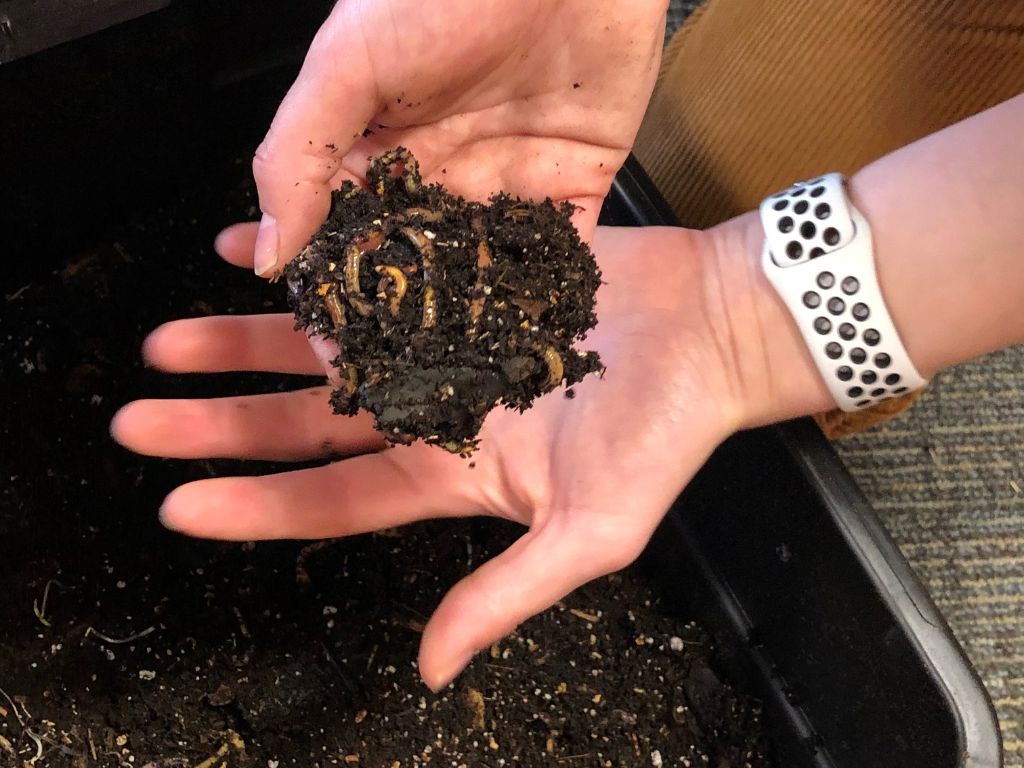MARCH 6, 2017 BY
Understand what food label dates really mean
Article adapted from the Steamboat Today
What do you do when you discover the date on some of your canned goods has passed? Do you use them anyway? Do you throw them out? Confusion about food date labels is a growing problem as consumers have become more aware of food safety. Unsure consumers end up throwing away perfectly good food and squandering their food budget. A study by the Harvard Law and Policy Clinic found that nearly 20 percent of food waste in people’s home is caused by confusing date labels.
Did you know that dates on most commercially packaged foods are not required, but added voluntarily? When a manufacturer chooses to include a date on a food label, it is often to inform consumers their product will have the best quality if used by the date shown.
“Best if used by” dates let the buyer know when the product will have the best taste, texture and appearance. Food can safely be used or donated for a reasonable time past this date unless signs of spoilage are present. Our local LiftUp Food Bank will accept foods in its original packaging up to 11 months past the “Best if used by” date.
Following are the meanings of common label dates.
• “Use by” date is the last date recommended for the use of the product while it is still at peak quality. It is not a safety date, except when it is used on infant formula. Federal regulations require a “Use by” date on infant formula labels.
• “Sell-by” dates, as well as “packaged on” dates tell the store how long to display the product for sale and for inventory management. It is not a safety date.
“Expires on” or “do not use after” dates indicate the food or products should be discarded after that date.
If you are concerned about food safety, be on the lookout for dented cans. Dented cans may seem like a good deal when sold at a discount, but they are not. According to the United States Department of Agriculture, if a can of food has a small dent, but is otherwise in good shape, the food should be safe to eat. On the other hand, heavily dented cans can be a food safety hazard.
Why is it dangerous to eat food from a dented can? When a can is dented near a seam or deeply dented, a pinhole or crack can be created. That small, often invisible opening can allow air to enter, which provides the perfect environment for pathogens to move in and grow. Definitely discard a can if it is bulging or swelling or if the can sprays or explodes when you break the seal with a can opener. LiftUp and other food pantries cannot accept heavily dented cans for donation.
Your canned goods will last longer if they are stored in a cool, clean dry location and not exposed to extreme temperature swings. Occasionally check the dates on your canned goods, and pull the older cans to the front and serve them for your next meal.
If you are interested in addressing food waste in your household, consider signing up for the Yampa Valley Sustainability Council’s Food Waste Challenge. The council is looking for local families who want to learn more about decreasing food waste. The Challenge begins Feb. 27.
Karen Massey is a registered dietitian nutritionist and family and consumer science extension agent with Colorado State University Extension in Routt County. For more information, call 970-879-0825 or email karen.massey@colostate.edu






